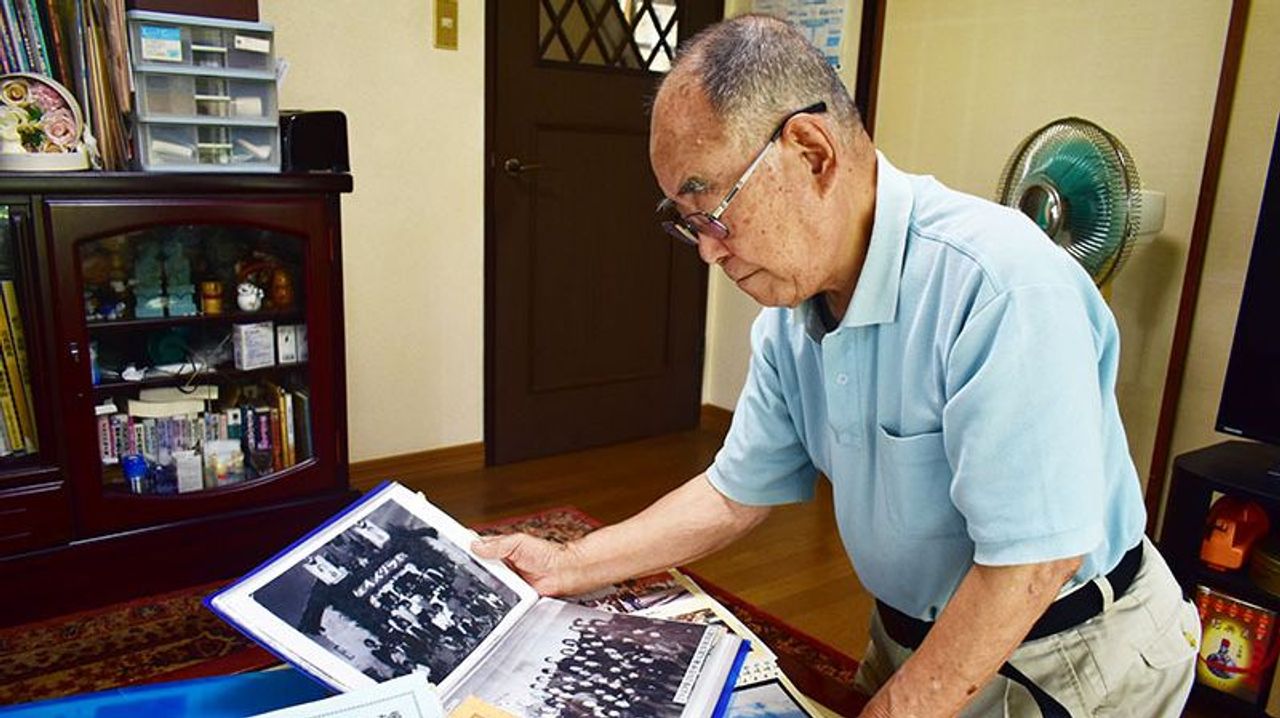The story explores a tragic incident that occurred during the wartime exodus of Japanese citizens from Manchuria after World War II. During the chaotic retreat, a mother, under extreme distress and hardship, made the heartbreaking decision to abandon and inadvertently cause the death of her own child deemed as a burden. The article discusses the emotional turmoil of such events, the societal pressures that influenced the decision, as well as its lasting legacy today.
In Japan, discussing wartime suffering is often considered taboo, leading to deep-rooted collective silence about shared traumas. The story elicits a strong emotional response, pushing against traditional Japanese societal norms of stoicism and endurance but also taps into a deep understanding for the trauma caused by war.
In contrast, in the US or EU, war-related trauma is often openly addressed and war responsibilities are publicly recognized. Lack of recognition of such tragic events might lead to incomplete reconciliation as compared to the more open attitude of Western societies.

